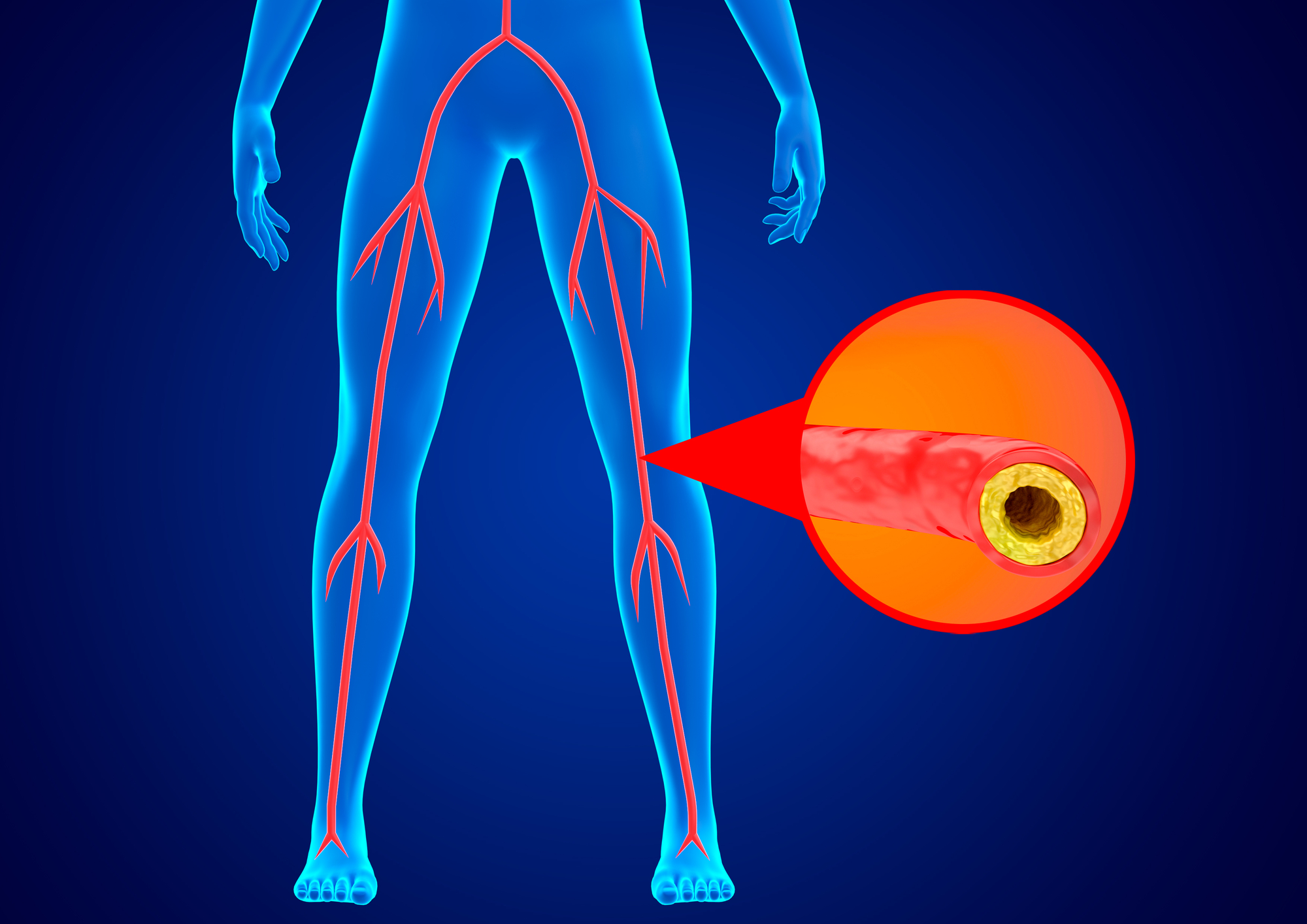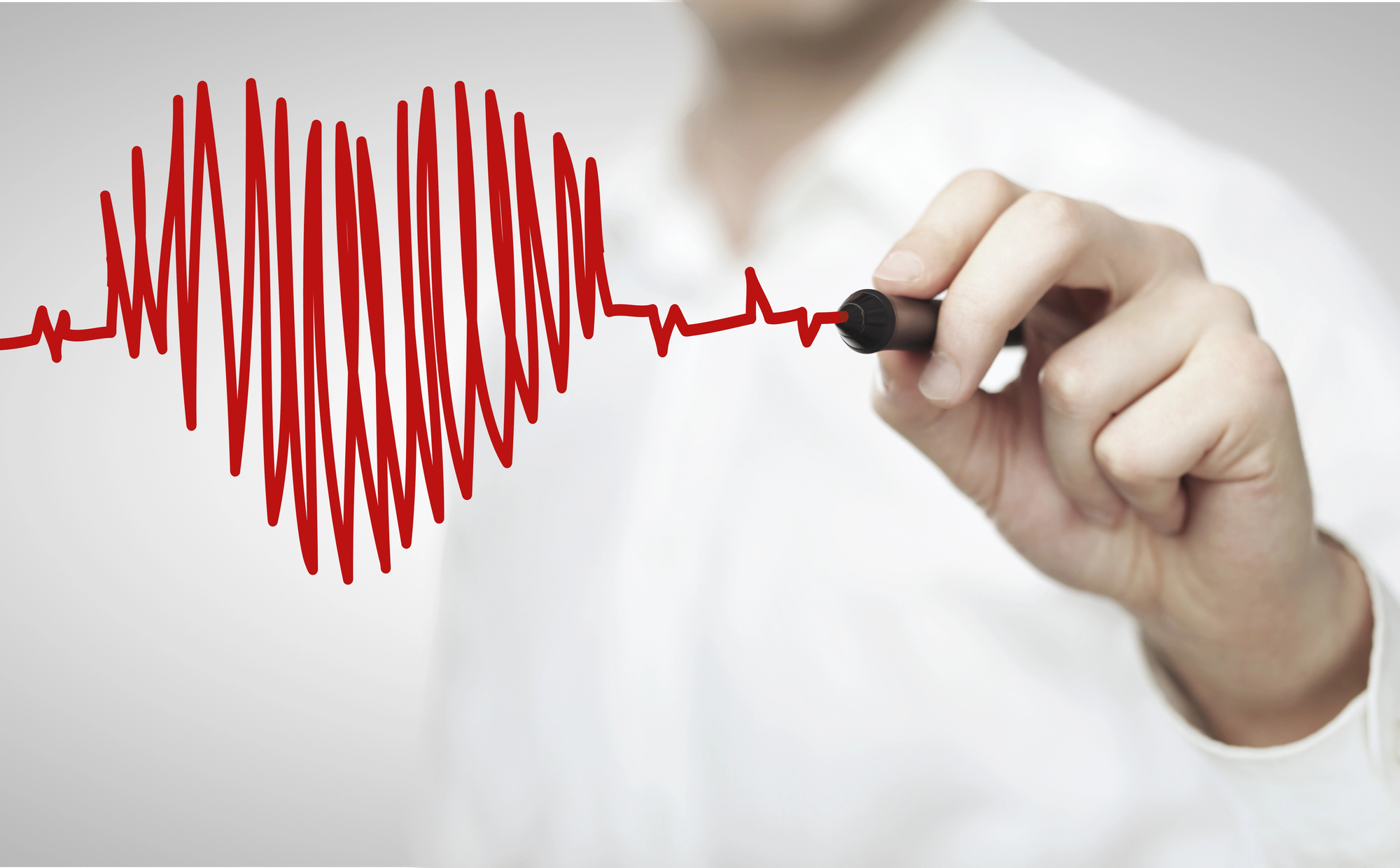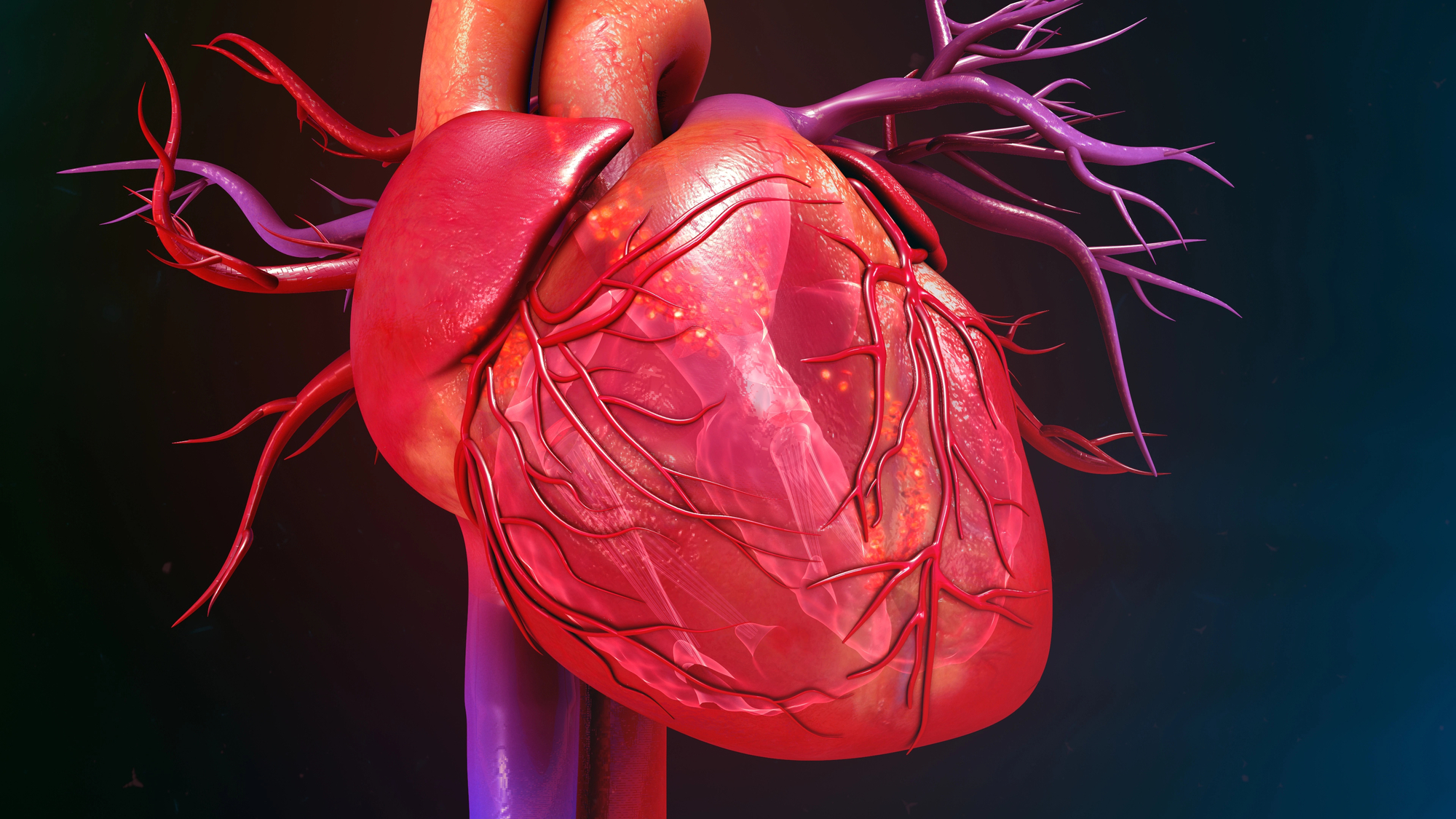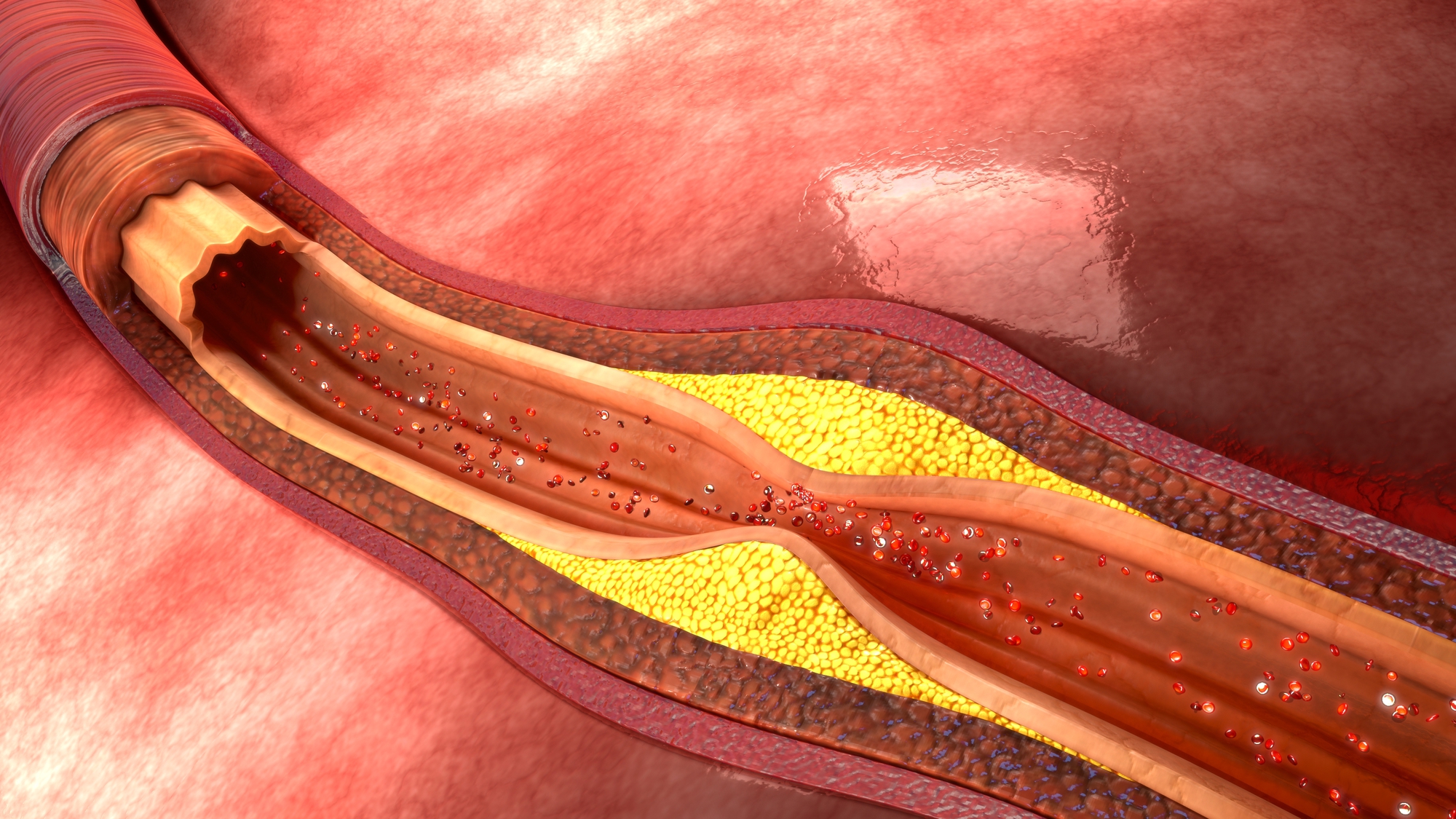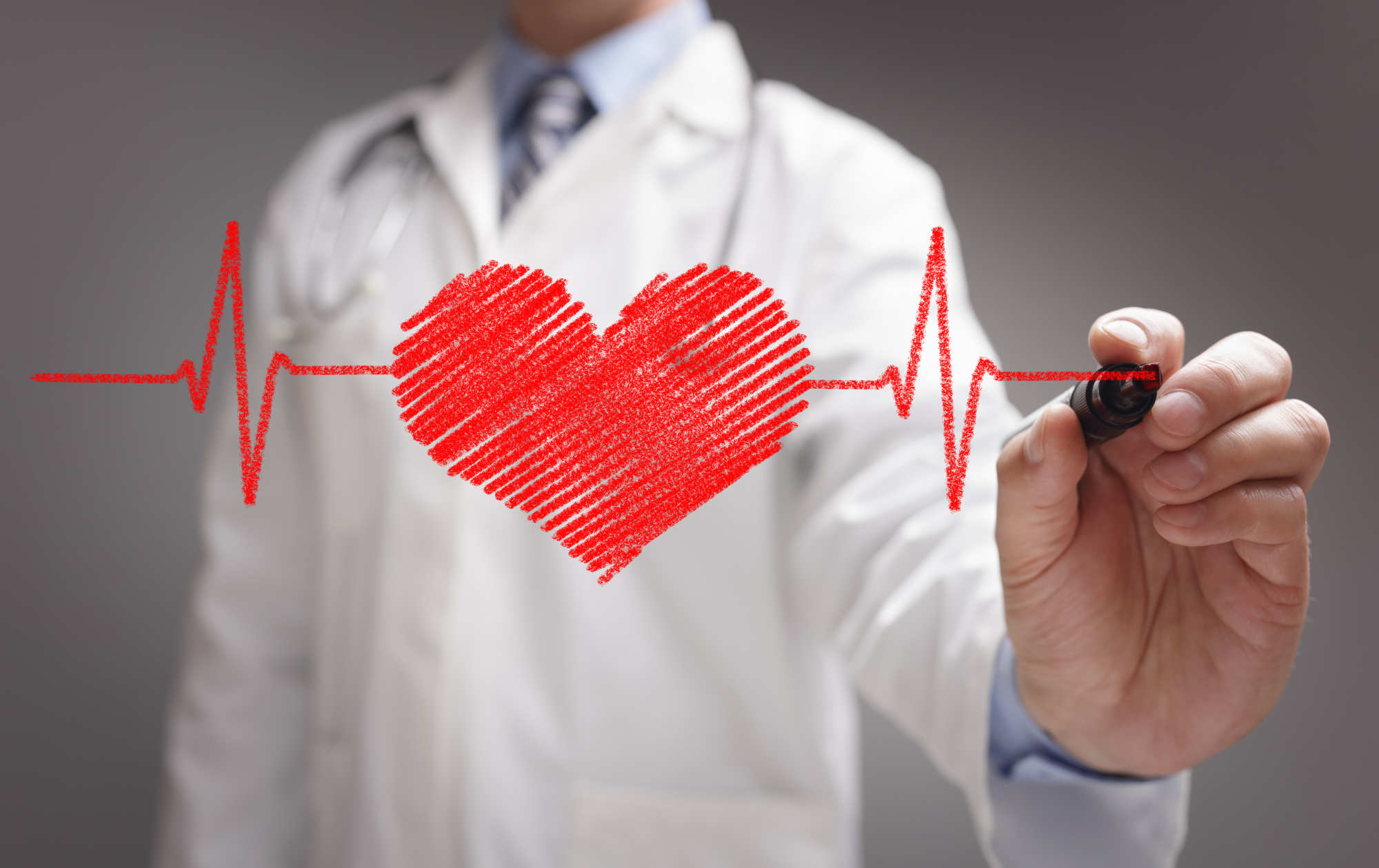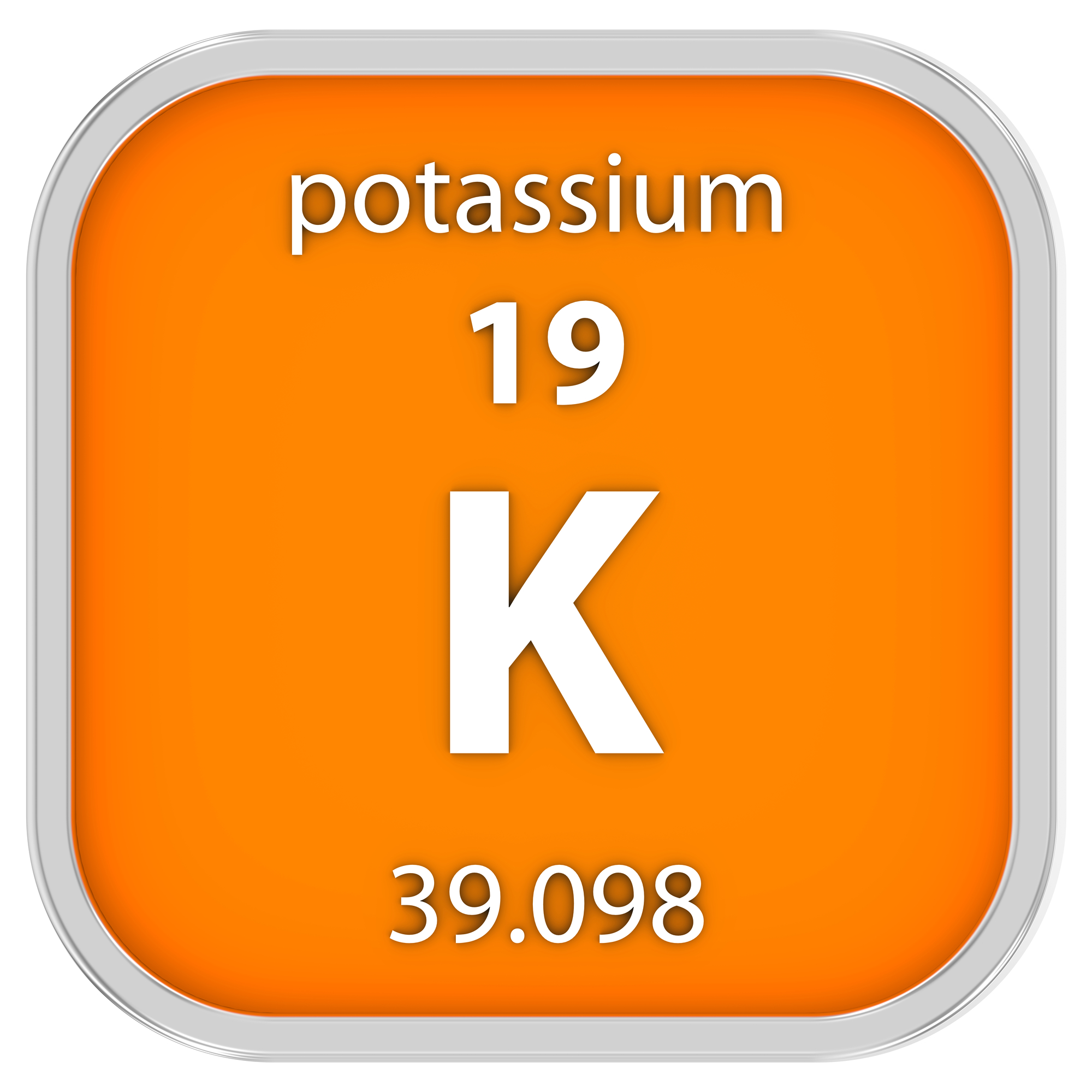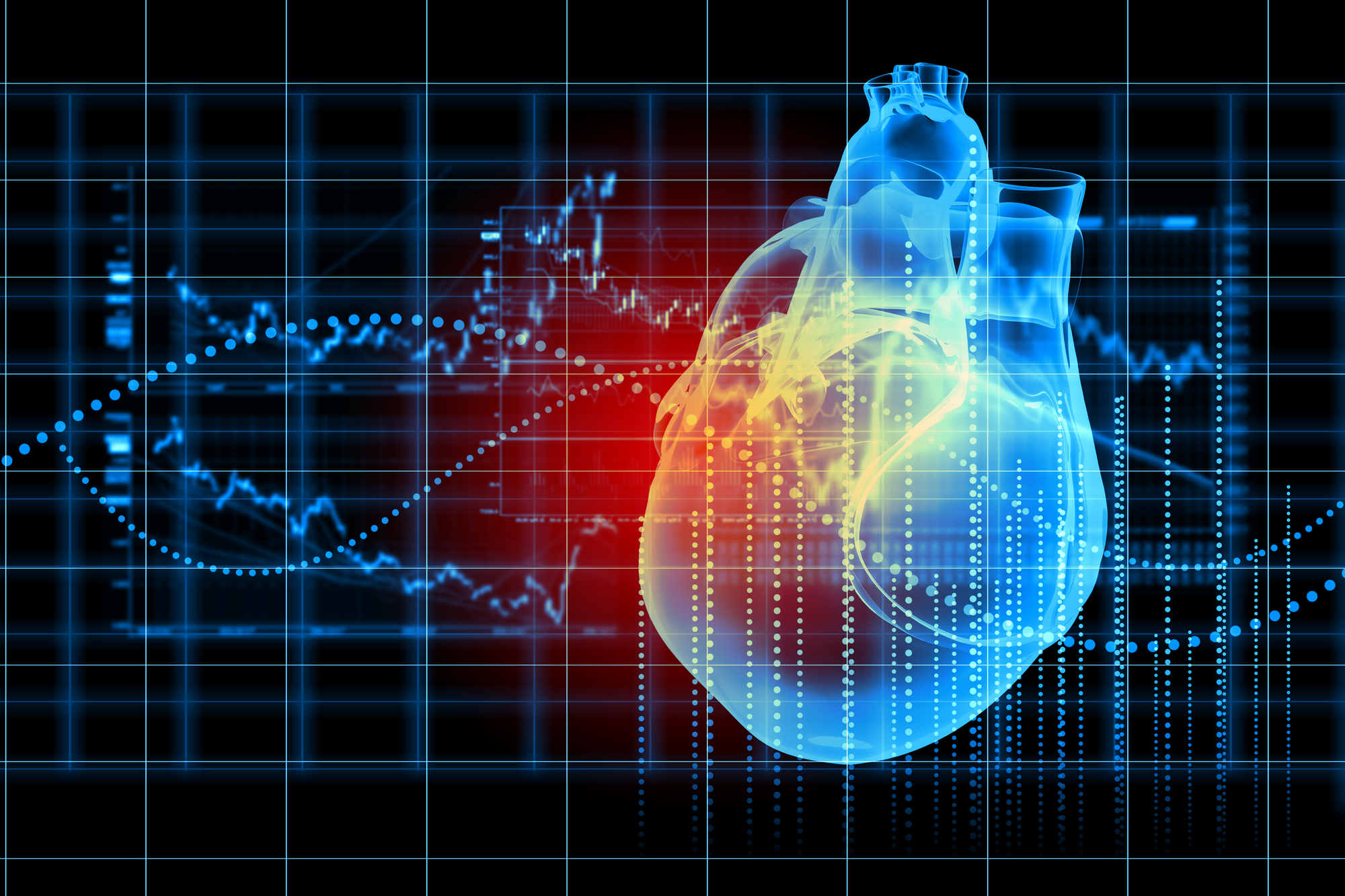Supplement Improves Quality of Life in Patients with Peripheral Artery Disease
Peripheral artery disease (PAD) is characterized by a narrowing or blockage of vessels that carry blood to the extremities, most commonly the legs. It’s caused by atherosclerosis, a buildup of fatty plaque in the arteries, associated with smoking, diabetes, high blood pressure, and high cholesterol. The most common symptom isRead

